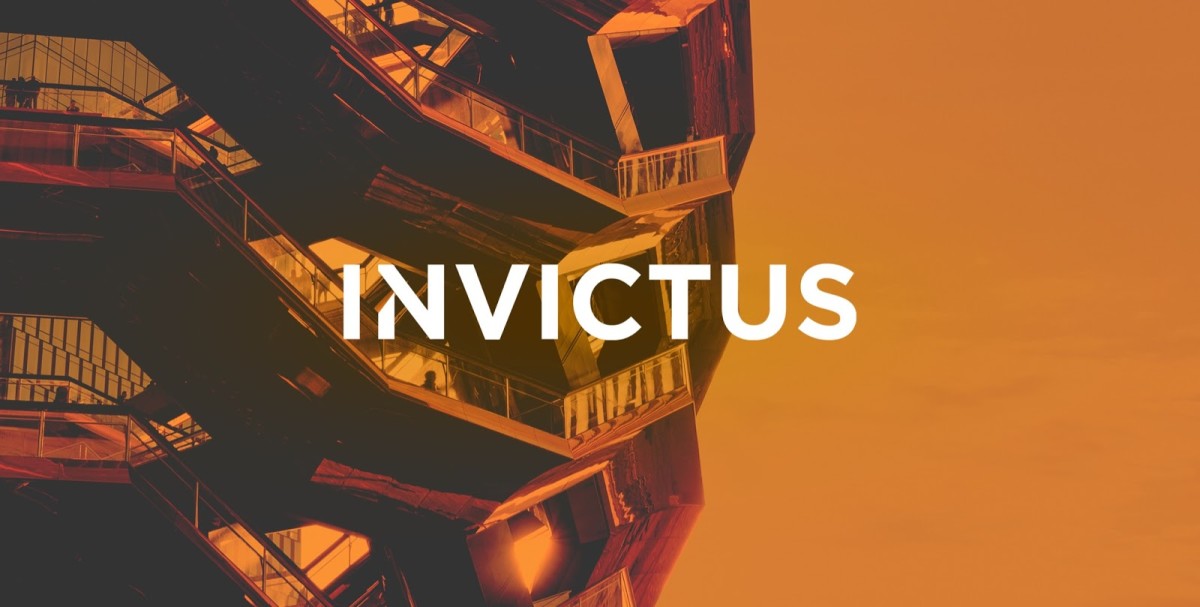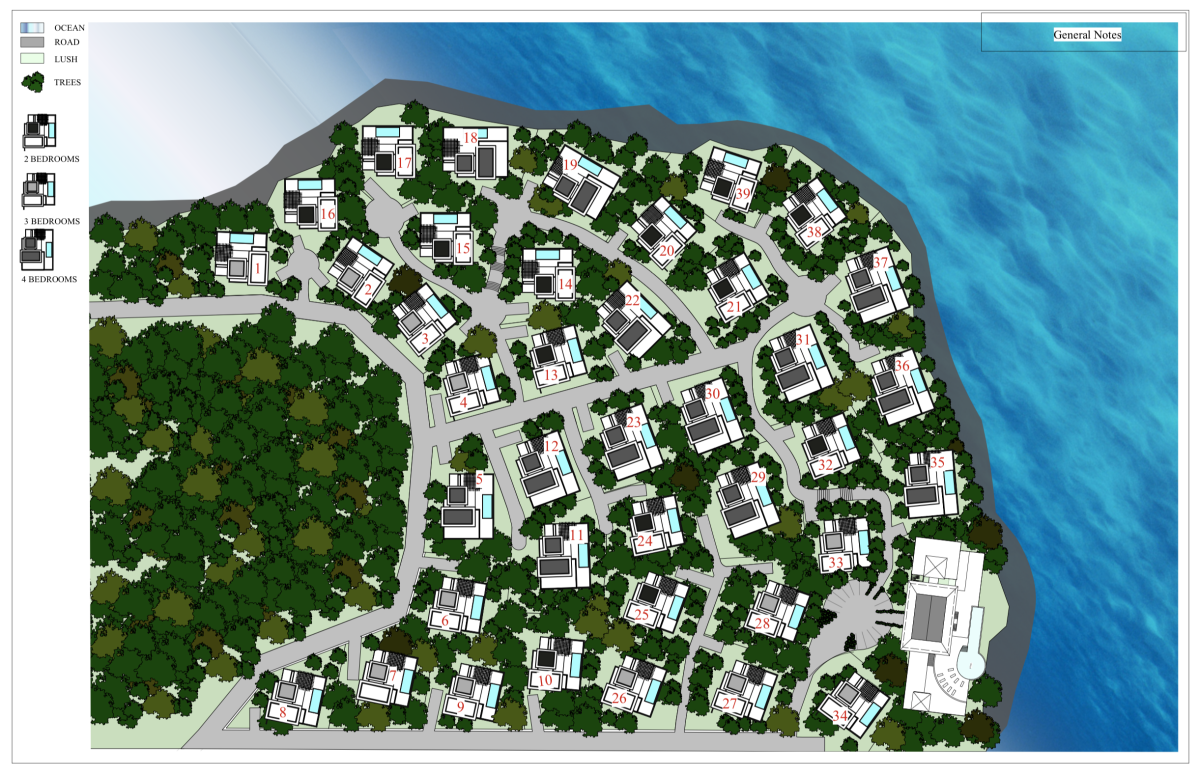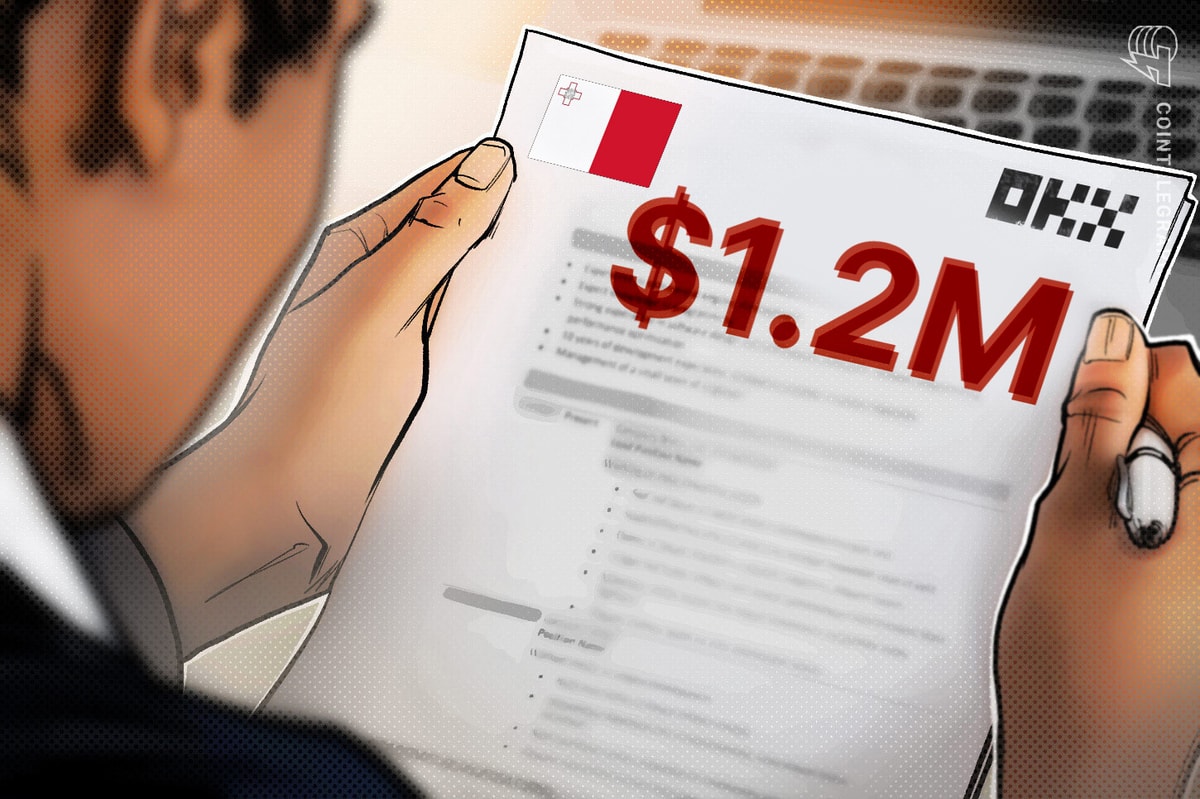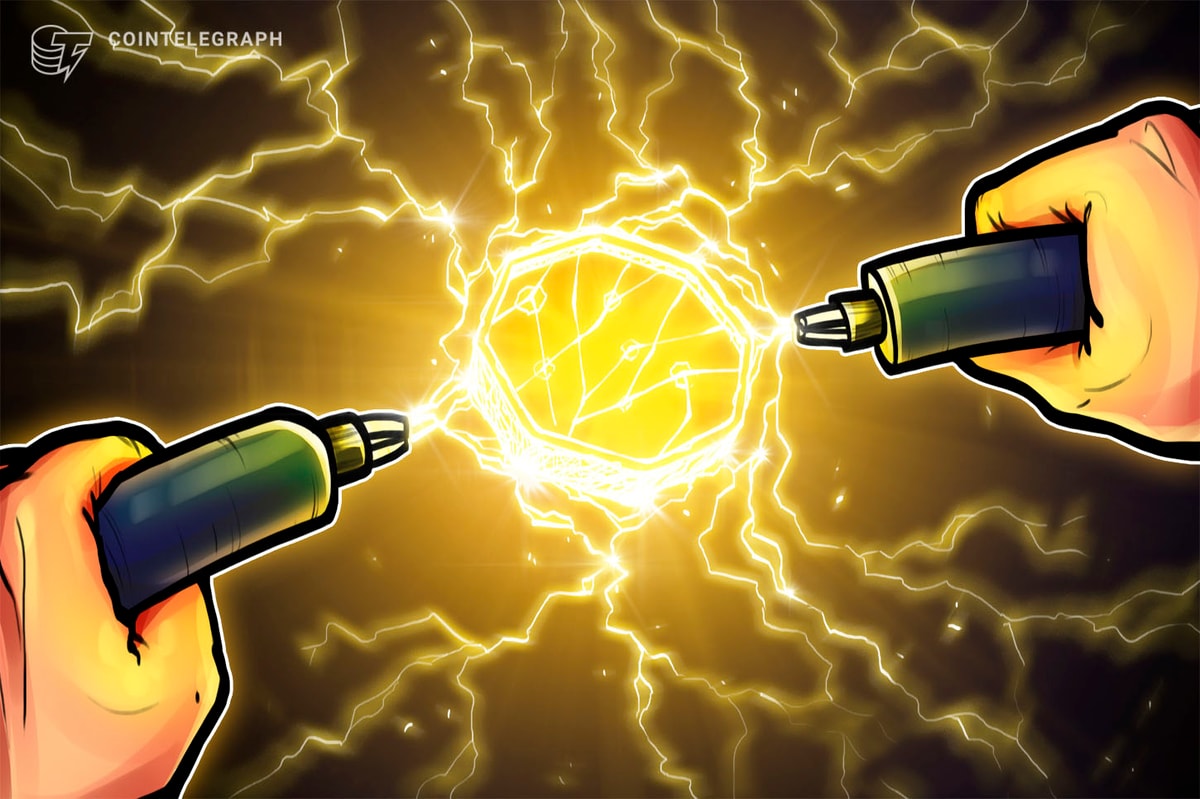The Caribbean is a region that underscores the global inequality of access to the international financial system.
It’s a place full of unique natural resources, hard-working people and destinations sought by tourists from around the world. But its economies have been thoroughly and devastatingly “de-risked” by major global banks, a process that has seen these banks place restrictions on Caribbean businesses over anti-money laundering (AML) or other regulatory concerns. This makes it exceptionally difficult for Caribbean businesses to participate in the legacy financial system, particularly for making cross-border fund transfers.
“Banks pulling out of the region include the Bank of America, Scotiabank, Royal Bank of Canada, and CIBC,” the Center for Strategic & International Studies reported on the de-risking of the Caribbean that followed the 2008 financial crisis. “Banks from the Netherlands, Germany, and the United Kingdom also restricted their [corresponding banking relationships] business with Caribbean jurisdictions.”
Of course, Bitcoin can provide a lifeline for individuals or businesses that find themselves cut off from financial institutions. Bitcoin is supported by individual nodes running its software and transactions are approved and verified by a network of international miners that are motivated predominately by fees, and not required to adhere to any set of regulations.
It gives those in the Caribbean the chance to capitalize on the value they offer the rest of the world without the restrictive difficulties imposed by international banks — an opportunity being demonstrated clearly by Storm Gonsalves, who grew up in Saint Vincent and is now constructing the Bitcoin-forward vacation development One Bequia.
Why One Bequia Is Embracing Bitcoin
“Banking in the Caribbean is over regulated and technologically outdated,” Gonsalves explained to Bitcoin Magazine. “Online banking, if available, is very basic. To send wires can sometimes take weeks. Opening accounts takes a similar amount of time. On top of all that, international rules are coming down hard on regional banks, while ignoring some of these same rules in their home countries. This is all very harmful to the business atmosphere in the region.”
Gonsalves’s development, which offers two- to five-bedroom villas for sale on the picturesque island of Bequia, proposes to bring the Caribbean economy into the future by enabling bitcoin payments for the properties, as well as for daily expenses in the community. Customers can reserve their villa lot with a deposit of $10,000 or the bitcoin equivalent, before completing a land holding license application and a construction contract and, within 12 months, they can move into their newly-built villa. Once there, they will be able to use bitcoin and other major cryptocurrencies to pay for goods and services like meals at the clubhouse, groceries or their monthly maintenance fees.
Gonsalves expects One Bequia to utilize a Financial Crimes Enforcement Network (FinCEN) approved processor to accept BTC payments, and will convert most of the bitcoin he receives into fiat. Once expenses are covered, he will determine what to do with any excess cryptocurrency.
“Aside from all of its practical benefits of ease of transfer, traceability and its non-inflationary aspects, the fact that our acceptance of bitcoin and its technology puts us at the forefront of a global innovation is exciting, to say the least,” Gonsalves said. “It’s a game changer.”
How A Move To Bitcoin Will Help Caribbean Residents
Gonsalves hopes One Bequia eventually becomes a home for the current and future pioneers of the Bitcoin movement, showing the world what is possible through a Bitcoin standard. But he also hopes that it will also help residents of the Caribbean open their minds to the power of blockchain technology and financial tools that circumvent the restrictions placed on them in the meantime.
“Living in small island economies leaves you highly susceptible to natural disasters and global economic shocks,” he said. “At least a portion of income should be held in one of these currencies because we at least need reserves to carry us through turbulent times in the future. Additionally, islanders are very mobile people with a large diaspora. I think cryptocurrencies and blockchain-backed financial services can make sending money back home to friends and family much easier.”
In addition to the hedge that bitcoin can provide to Caribbean people, Gonsalves sees distinct advantages in its ability to preserve privacy.
“I am a strong believer in privacy and any privacy we lose should be compensated with a significant improvement in time, service, security and the ease of doing business,” he said. “The situation we are in now is quite the opposite.”
Ultimately, he’s looking for a system that would give Caribbean residents the same opportunity to transact internationally that those favored by major global banks have.
“I think KYC and AML rules are extremely important but should not hinder already fragile economies such as small island tourism/agricultural-based economies that are susceptible to natural disasters as well as global economic shocks,” explained Gonsalves. “We just need an even playing field. Sending a wire should be the same in the Caribbean as it is in developed countries.”
Gonsalves sees potential in blockchain technology at large, altcoins and even the “DCash” central bank digital currency launched recently by the Eastern Caribbean Central Bank — anything that offers an alternative to the institutions that have de-risked the region. One Bequia will soon be a place that hosts wealthy vacationers who enjoy financial freedom far beyond that of the typical Caribbean resident. But Gonsalves’ goal is to make it a place where the potential for Bitcoin to help these residents is realized.
“I think of One Bequia as more than just a real estate development,” he said. “I see it as a meeting of minds. This development will put in close proximity some of the greatest thinkers and doers in the world. Hopefully, the success of this project can show the world the potential of Bitcoin.”












